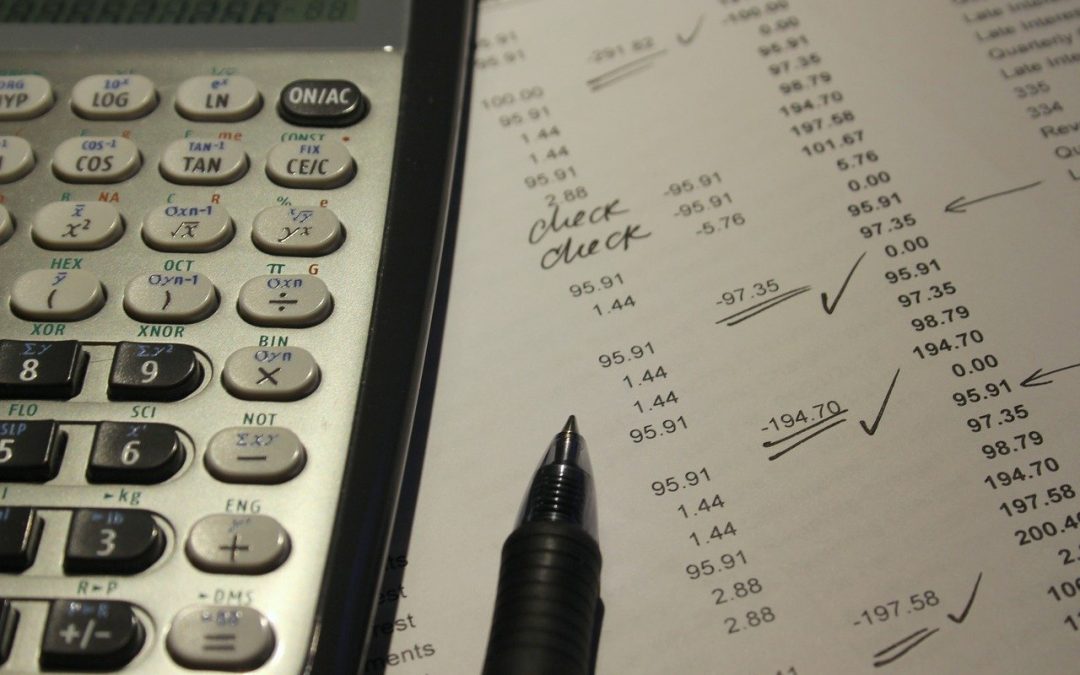Tried and tested, easy to implement tax tips
As we draw towards the end of such an eventful year, one can only hope for a better 2021. But our hopes are made to manifest in real life through our actions. And we have been sharing some useful tips throughout the year. These will help you act appropriately and succeed in your business. From hiring your child to opening a business for your child. We also shared several tax tips during the year and helped many small businesses through the tax relief processes after the pandemic struck. Now, we come to you to share some important end of year tax tips for 2020. These will help you save several thousands of dollars when the time comes to pay taxes.
Joe Biden is officially becoming the US President on January 20, 2021. He comes with his own tax regime. And, according to him, what Trump asked from the rich wasn’t enough. Therefore, he is proposing a higher tax rate, precisely, 28%. That is a 7% increase from the 21% current rate under the Trump administration! It’s a lot of money to give to the state.
But you can only save yourself and your business through tax planning. Therefore, it only will be fair to give you some top tax tips for 2020 at this stage.
For tax planning to work, you need to have some good tax tips to work with. And here, I give you top end of year tax tips for 2020.
First things first. Are the current year’s books in order?
I realized that we like to do the right things in the wrong way. Resultantly, we find ourselves moving way ahead of ourselves without taking necessary precautions. In the game of taxes, I love to be precautious because that’s the only way I can track my records. It is the only way I can ensure that everything is accounted for.
And, when every item or transaction is accounted for, we get the rest of the taxation process right.
So, to ensure that things are in order, have your bookkeeping updated in real-time. Stay with your financials ready. In other words, you must be ready to show a potential investor what’s happening in your business anytime when they come in. That is how you can measure your tax-preparedness. Are you ready as of today?
You will see that keeping your books in order only works in your favor as you read below. It helps you easily identify and claim tax deductions.
Below, we go ahead and discuss year-end tax tips for 2020.

Go for the itemized deductions and not the standard deduction.
Each time you file for taxes, you must make a choice between itemizing your deductions or getting a standard deduction. You must get to the point of making such a decision with full knowledge about it.
Itemized deductions take effect on every qualifying transaction that you make. In other words, if you buy ten qualifying items, or make a few donations, you will get tax deductions on each of them.
But as for a standard deduction, this is simply a portion of your income not subject to taxes. In many cases, even if it reduces your tax bill, it isn’t a match for the itemized deductions.
For the 2019 taxes, the standard deduction was $12,200 for singles, $18,350 for household heads. Married and jointly filing taxpayers were at $24,400. For 2020 taxes, the standard deductions rise to $12,400, $18,650 and $24,800 respectively. As such, standard deductions are annually indexed to match inflation.
Looking at the above figures, itemizing your deductions could result in several thousands more in deductions. Itemized deductions are subtracted from your adjusted gross income to reduce your overall tax bill.
In order for this to work, your bookkeeping must be in order. All qualifying purchases and donations must be captured correctly in your booking and accounting.
Contribute to your traditional IRAs and health savings accounts (HSA)
Yes, contributions to both your 401(k) and your HSA can result in healthy tax savings. However, time is of the essence here. While you can contribute to your HSA until April 15, 2021, the avenue is shut for the 401(k) by the end of this year.
Therefore, for maximum tax savings, contribute as much to your 401(k) before the year ends. In 2020, you can deduct up to $7,100 in contributions to an HSA.
For the same year, tax-deductible contributions to a traditional 401(k) are capped at $19,500.
Use your business to make claims to the IRS
If you operate a small business, you can make claims using it. Purchase items for the business and claim deductions on it. Also, if you worked at home during the quarantine period, you can make office claims too.
More so, you can use your business to defer income and save on taxes. Here, you can delay paying bonuses to next year to avoid being taxed in this current year. Coming from a depressed COVID-19 year, this really helps to reduce your tax bill.
Sell your losing investments
If you have investments that made a loss, sell them and claim on ‘loss harvesting’. These sales can be used to offset gains made somewhere else and reduce your overall tax bill. The IRS allows for up to $3,000 of excess loss to wipe out gains.
For example, if you made $7,000 profits somewhere, you can sell investments that gave you a loss. It results in the reduction of your profits to $4,000, considering a maximum $3,000 loss harvesting. If the IRS taxes that $4,000, you pay less taxes than what you would have.
Finally, always meet up with your tax advisor
Yes, I wouldn’t have done a great service to you if I won’t advise to meet up with your advisor. You could miss out on many things and still lose out to the IRS. Therefore, always meet up with your tax advisor to make sure everything is in order. The IRS is thorough, they will investigate everything. It only makes sense to have a professional look at your tax plan before taking further steps.
We have been helping our clients through their tax planning with great results. Find out what we can do for you by filling our contact form or call in to speak to one of us.




